COLLABORATORS
Accountability Partners, Colleagues, Current and Past Clients
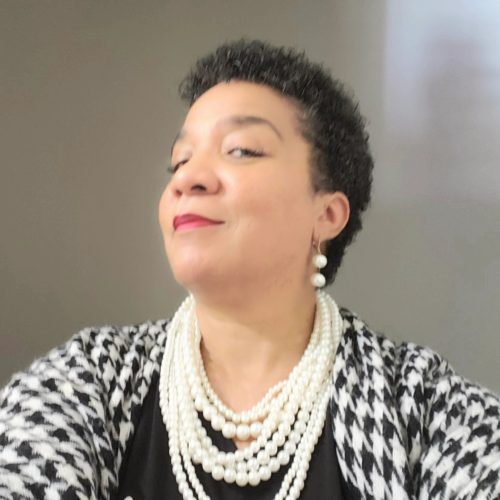
Tami Forte Logan, M.Div
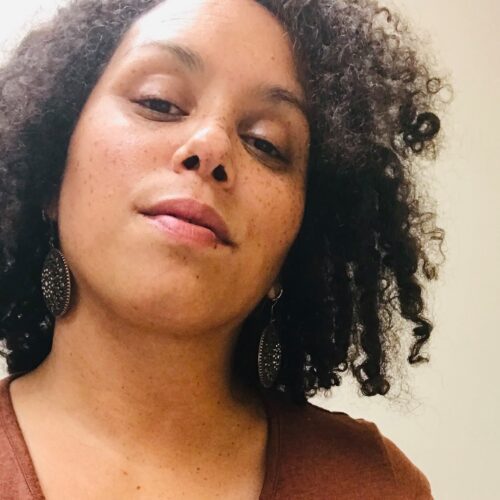
Lucia Daugherty
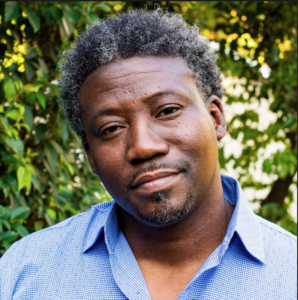
Melvin Bray
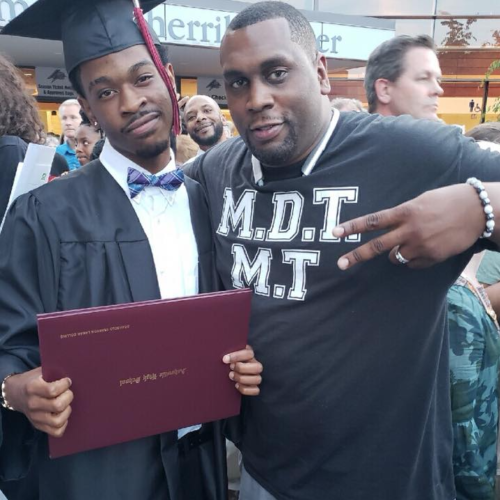
Keynon Lake & DeAngelo Collins
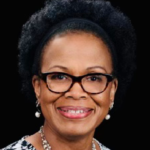
Caroline G. Blackwell

Dr. Beth Buys
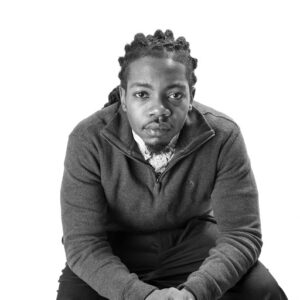
Rob Thomas
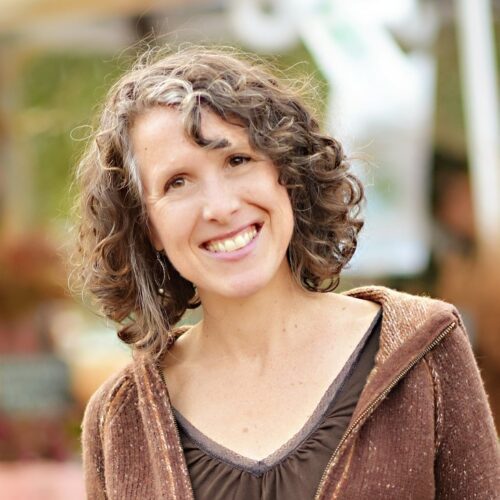
Cathy Cleary

Nadia Chaney
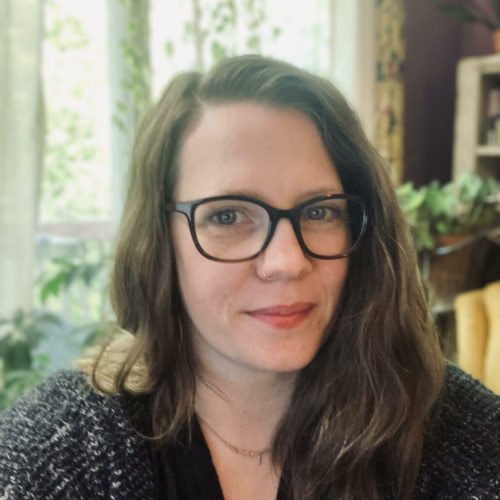
Allison Sturtevant-Gilliam
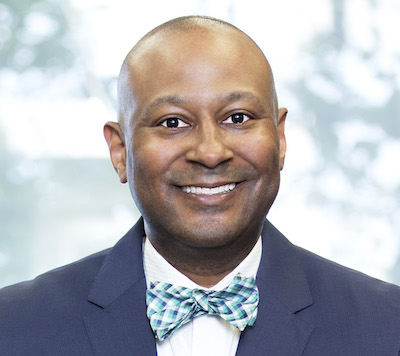
Stephen Lewis
Tami Forte Logan, M.Div
Why is being Ashley’s accountability partner a valuable use of your time?
It is not often that our white siblings intentionally create vehicles for their own accountability in community with black and brown bodied people. Ashley consistently shows up authentically and with integrity in multiple community spaces, so it is my pleasure to show up for her in what I am confident will be a mutually beneficial relationship that will bring us all closer to transformation and collective liberation. .
Why do you believe that Ashley organizing more support for white leaders is of value?
White leaders are increasingly becoming responsive and resisting white supremacy culture, but often lack the tools, a structural analysis and the relationships across communities to support their process. Ashley brings a wealth of experience and community connections to support them along their journey.
What have you witnessed in how Ashley shows up?
Ashley shows up with humility, deep listening and with a deep respect for whomever is in the room, but also demonstrates the courage needed to hold both herself and other white siblings accountable in multi-racial and intersectional spaces.
Lucia Daugherty
Why is being Ashley’s accountability partner a valuable use of your time?
Ashley is doing the work on herself and in community. She reflects on her privilege and actively seeks out and creates opportunities to engage with others around racism and privilege in meaningful and transformative ways. As a black person, it can be really exhausting when I am trying to inform, educate, hold accountable, and build trust with white people who choose not to do their part – the bulk of the work – which is rooted in self-reflection and self-driven accountability. This work should always start internally through the examination of one’s own privilege and patterns of internalized supremacy. It is unfair that POC are ever asked to carry the tedious task of trying to hold others accountable when they are not willing to do their own work on themselves.
Why do you believe that Ashley organizing more support for white leaders is of value?
Anyone who cares about racial justice and has discovered effective strategies for doing impactful anti-racism work, moving through layers of growth and healing (within themselves and with community) should be the ones sharing their knowledge and experience to help others reach the same stages of growth and healing.
What have you witnessed in how Ashley shows up?
I have witnessed Ashley’s willingness to let empathy and trust guide the way that she: leans into difficult conversations, centers the voices of POC, notices and names the spaces where inequity could cause harm if left unaddressed and where equity could flourish if given the room to breathe and grow.
Connection:Co-facilitator, Community organizing collaborator, Accountability partner
Melvin Bray
Why is being an accountability partner a valuable use of your time?
this is the place we don’t get to in equity work. it’s the next step. most energy in equity goes into critical analysis and self-awareness. people struggle to go beyond that, into cultural competence, making amends, actually correcting mistakes that have been made. better practices are necessary to build better systems. not just reforming existing systems, but enacting better ways to deal with power and privilege. thinking, talking, feeling better is the easiest, least demanding work. Historically, movements get to the point of accountability and retreat from the transformations that, of necessity, come with it. the only reason for accountability is to help us get to the place where we actually, finally do better.
Why do you believe that organizing more support for white leaders is of value?
white folk built the systems of inequity that dominate our cultures. white folks aren’t the only folk oppressing or building systems. for example, patriarchy also dominates. but the systems that dominate right now come out of a western world experience. if you break it, you own it. the onus is on people of power and privilege to do the work of correction of that system. men, no matter their racial background, white folk, no matter their gender, wealthy folk, no matter their other cultural markers. they have to take the initiative.
Why an accountability partner with Ashley? What have you witnessed in how she shows up?
what jumps out at me most about Ashley is that she is demonstratively self reflective. a critical analysis doesn’t mean that a person from that point on doesn’t make mistakes or doesn’t have inequitable impact on folk around them. what should happen once you have a critical analysis, once you develop an equity lens, is that going forward you start to develop self awareness around how you participate in the inequities that exist. developing an equity lens requires self-reflection (did what i tried work well? how might i have done that differently?) and being open for feedback. ashley reminds me of this, even for myself, as I try and negotiate healthier and more equitable interactions around gender.
Keynon Lake & DeAngelo Collins
Why is it a valuable use of your time to be Ashley’s Accountability partner to organize more support for white leaders?
We’re building relationships. We’re building. I (Keynon) know you personally and what you stand for, I know your background, and I see value working with you to bring more people on board who can understand the plight, particularly of us as African American people. When you understand, you can show up in a different manner rather than the savior mentality. If I know Ashley is working with people and is an ally who has put in the work to get it, then she can train others to show up the same way. It’s teaching the next person how not to bring harm, damage, or hurt to the people that they are going to be trying to work with.
What have you witnessed in how Ashley shows up?
You’ve always been consistent. You’ve been very genuine. You’ve even talked about things that you feel like you lack in, what you would like to learn more about. You’re not perfect, but you have a very good grasp on the work that you’re doing and it’s not just work for you. It comes from a good place in your heart.
Caroline G. Blackwell
In the practice of equity and justice, how people interact with each other is essential. Process is an art. Ashley brings exquisite facilitation and process arts skills and provides thoughtful coaching and mentoring. Having experienced her 1-on-1 coaching and her facilitation of groups of various sizes, I’ve witnessed the ways she invites people to explore possibilities and engage each other to generate life-sustaining relationships across boundaries. Many of these boundaries have been crafted from ignorance, fear, and social constructions; boundaries from racist, biased attitudes and beliefs. Ashley moves with vision and integrity, accountability, compassion, and truth. Her courage, willingness, and ability to challenge is grounded in lived experience.
Connection:Colleague, Client, Course participant
Dr. Beth Buys
It is often hard as a white person to see where the whiteness (White Body Supremacy) has created blinders around what anti-racism looks like in real, pragmatic, daily practices. I continue to struggle on days to create a vision of anti-racism, let alone be able to implement or practice anti-racism. Ashley is gifted at shining a light on that vision and the practice and practicalities of anti-racism. Working with her has provided significant and lasting growth for my work in areas of equity, learning that hasn’t come from any of the books I have read, and lessons that I keep with me to continue the work.
It is refreshing to have someone able to be both compassionate and honest around the topic of race and how to show up. Ashley is one of the only white people I know who doesn’t feed white fragility and downplay the importance of showing up in relationships, yet is kind and compassionate. This work is so essential because more white people need to have skills and self-reflection in spaces that hold accountability to equity. It is important not to cause more damage and trauma while we (white folks) learn how to process our thoughts and actions.
Connection:Client
Rob Thomas
I have had the wonderful experience of working closely with Ashley Cooper. She is an experienced and highly skilled organizer who brings authenticity to every space that she is present in. When addressing white supremacy culture and other tough conversations, her years of internal work always shows up in many different ways. She leans into these situations with a toolbox of action steps to contain, explore, educate, and learn that leads to building transformational relationships. Her style of facilitation is truly the missing link in many multi-racial and anti-racist spaces.
Connection:Community organizing collaborator
Cathy Cleary
I have had the opportunity to work in collaboration with Ashley for several years. She was hired as a consultant for an organization I volunteer with. We were trying to navigate how to move forward, because some well intentioned efforts to diversify programming were done in ways that caused harm to black and brown community members. As a white woman who has spent years studying and working in solidarity with non-white folks, Ashley was able to bring a unique lens to our work. She had insight into what this organization could do differently, and how to begin a process of collective self-examination. She asked hard questions, saw patterns that were deeply ingrained, and somewhat invisible to others, and gave us tools and ideas to shift the conversation from “diversity” to “equity.” Since then I have had the opportunity to work with Ashley in on-going collaborative organizing efforts, and always learn so much from our conversations. Her experience and insight help to hone in on exactly what questions need to be asked, and how to create experiences where others can learn and grow their capacity to do racial equity work.
Nadia Chaney
Working and collaborating with Ashley is a dream. They are formidably intelligent, insightful and experienced. All the brilliance is tempered with professional compassion and sensitivity and deep personal care and nurturing. I would treasure the opportunity to work together again.
Allison Sturtevant-Gilliam
The course Leading Through Engagement and Facilitation was truly the single most impactful structured learning experience of my personal and professional journey. While there were many factors that made this experience what it was for me, one key piece was the presence of Ashley, a white woman modeling partnership and narrating out loud so much of what was going on inside for me.
Being able to witness another white woman navigate diverse partnerships gracefully, naming when she was acting in ways that were White Supremacy culture, modeling owning what was going on for her, and being open to hearing feedback from others created a crucial learning experience. So many times white folks don’t know how to show up in multiracial spaces and the feedback we are given is about what not to do. It was extraordinary to learn another way of leading and facilitating in a way that so clearly held what was harmful and offered insight as to what could feel better to those involved. Ashley’s willingness to get real and messy made this possible. She filled this role with compassion, accountability, and context that I do not know I could have gotten anywhere else.
This course also provided a very differently structured learning environment, one that challenged me to experience what I was learning and to integrate the lessons into my being. It was not just about learning research and methodology, although that was provided; it was about showing up, leaning into discomfort as a place of growth, and taking risks in a space that was safe enough. This was uncomfortable because it was so different from what I was used to. Ashley continually named this discomfort, honored it as essential to the learning process, and modeled ways to move through the discomfort to arrive at a place of growth. For me, this permission and demonstration inspired me to remain open and willing to learn in this way.
Connection:Course Participant
Stephen Lewis
Ashley is a masterful educator, designer and facilitator of large and small group processes. She brings a wealth of knowledge and experiences to organizational and team processes that honor people’s dignity, gifts and contribution. My organization contracted with Ashley to work on two large projects and I was very pleased with the work she did for us. Ashley is an amazing human being. I can’t say enough wonderful things about her and recommend her services.
Connection:Organizational Client